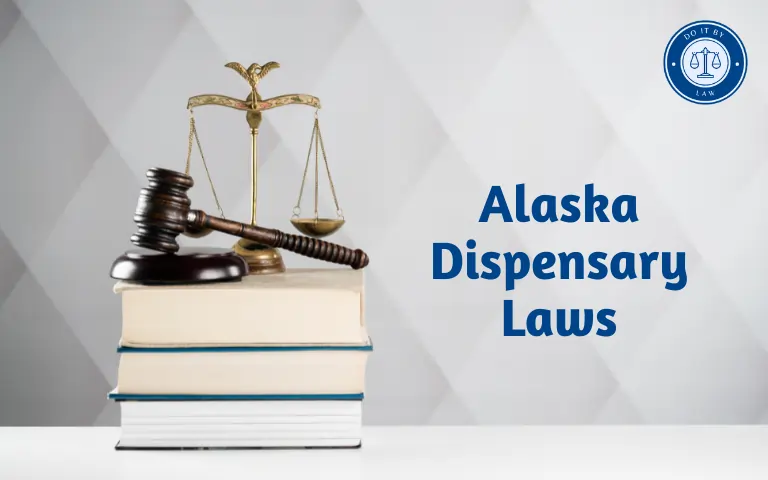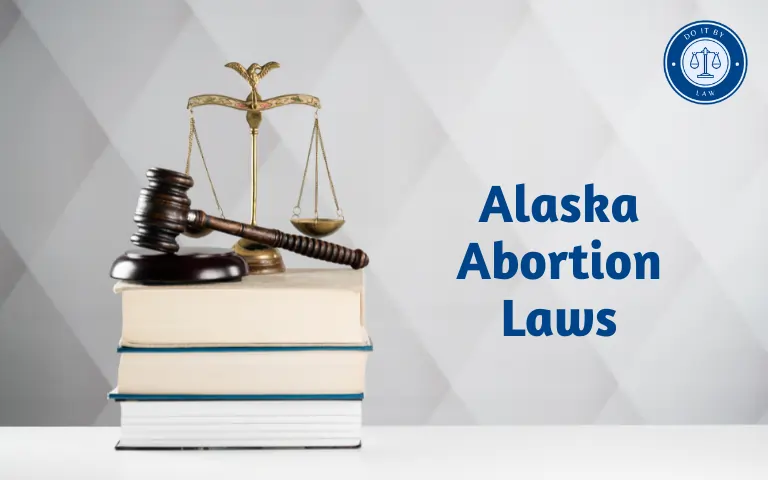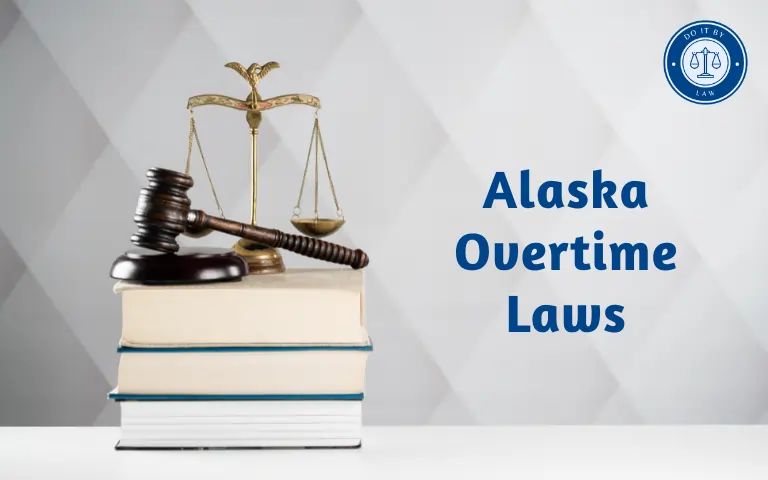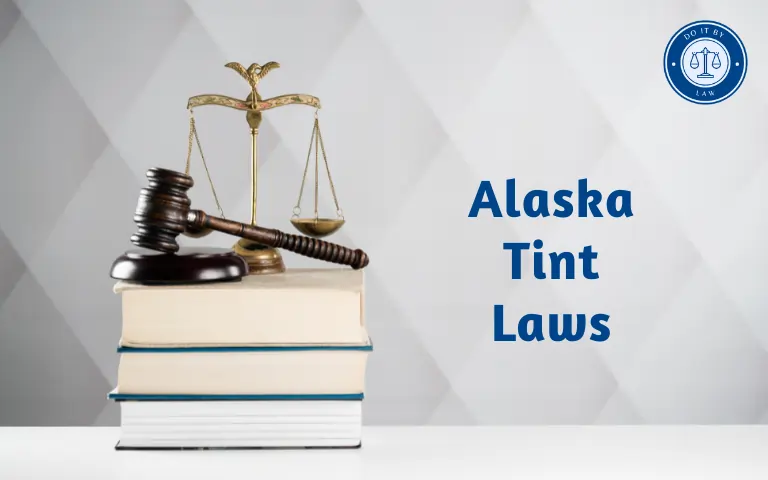Alaska Dispensary Laws: What You Need To Know
Alaska State legalized recreational cannabis in 2014, taxing sales and directing revenue toward state services. Understanding Alaska Dispensary Laws and statutes helps ensure ethical business operations amid evolving legal interpretations. This overview covers key regulations.
When Did Alaska Establish Marijuana Dispensary Laws and Why?
Alaska first allowed medical marijuana dispensaries in 2010 to improve patient access, then opened recreational sales in 2016 following voter-approved Proposition 2 legalization.
Regulations aimed to curb illicit sales by licensing outlets meeting security, health, and compliance standards – funding enforcement through sales taxes rather than penalizing personal possession. Dispensary laws continue developing balancing product safety, youth protections, and small business opportunities.
Who Do Alaska Dispensary Laws Apply To?
Statutes govern all involved in Alaska’s legal cannabis commerce, including:
- Licensed marijuana cultivation facilities
- Product manufacturing operations
- Retail stores and dispensaries
- Transport/delivery providers
Workers must undergo background checks while owners/investors submit to financial disclosures and inspections mandated under Alaska control board rulings. Some licensing restrictions apply for prior criminal offenses.
What Are Key Provisions Within Alaska Dispensary Laws?
Alaska dispensaries must adhere to provisions including:
- State licensing after municipal approvals are first obtained
- Location, signage, and advertising restrictions
- Inventory tracking from seed to final sale
- Security system mandates like surveillance and alarm requirements
- Strict age verification on purchases plus onsite consumption bans
- Restrictions on product types, potency labeling, and serving sizes
Updated statutes also govern manufacturing standards, quality control testing, transportation procedures, and employee training requirements.
What Penalties Exist for Alaska Dispensary Laws Violations?
Illegal unlicensed cannabis sales can trigger criminal charges per existing drug statutes used before legalization. Licensed operators also risk steep civil fines, license suspensions, and permanently revoked eligibility for infractions like:
- Underage sales or permitting minors on premises
- Inventory shortages suggest product diversion
- Documentation and reporting deficiencies
- Unsafe facilities or health code violations
- Advertising/packaging rule breaches
Exact penalties vary based on mitigating factors and compliance histories adjudicated by control board officials. But lawmakers emphasize promoting good faith statutory adherence.
Have There Been Recent Changes to Alaska Dispensary Laws?
Alaska frequently revises cannabis statutes balancing industry innovations against rising public health precautions including:
- Expanding license types for specialty services like marijuana event planning or therapeutic massage incorporating legal cannabis products.
- Considering new scent-proof public consumption site permits to curb open-use complaints.
- Updating product testing requirements and acceptable batch variance thresholds to improve consistency.
Industry groups lobby for tax reductions while municipalities debate local zoning tweaks allowing or restricting growth. Conflicts between state-licensed operations and tribal-controlled lands also continue playing out in court disputes.
What Key Controversies Surround Alaska Dispensary Laws?
Critical issues include:
- Banking limitations on federal illegal but state-approved funds flows
- Ongoing stigmas slowing cultural acceptability shifts
- Public consumption rules respecting both cannabis liberties and general proprieties
- Preventing diversion exports to black markets outside Alaska
- Reconciling differences between state law and tribal/national park jurisdiction
Despite popular support, Alaska’s voter-mandated cannabis freedoms still navigate ongoing perception hurdles both socially and across overlapping jurisdictional frameworks – especially amid federal prohibition.
Conclusion
Alaska welcomes licensed cannabis outlets but balances permissive allowances against public welfare interests through extensive regulatory provisions on security, tracking, health, and quality controls.







